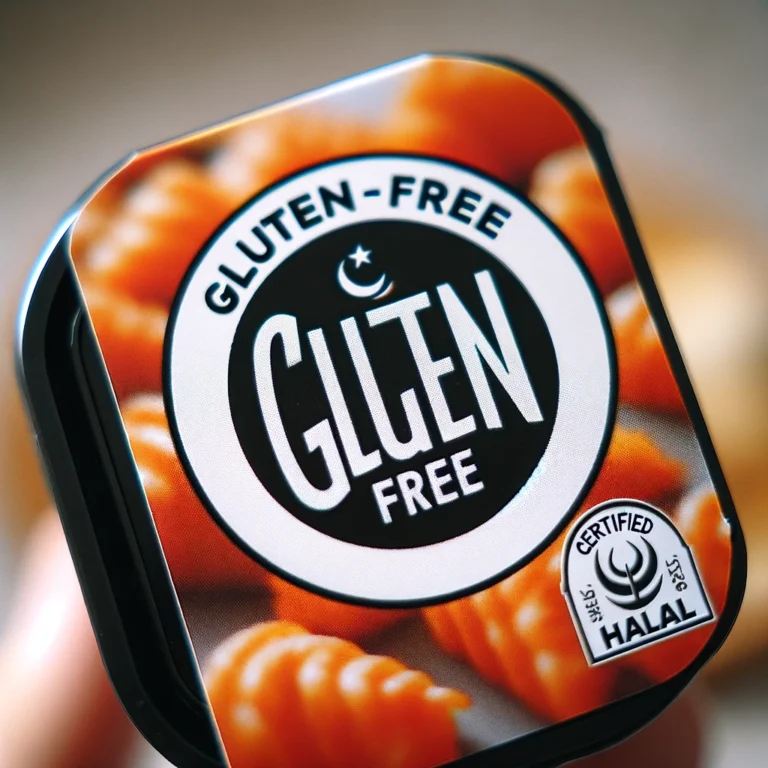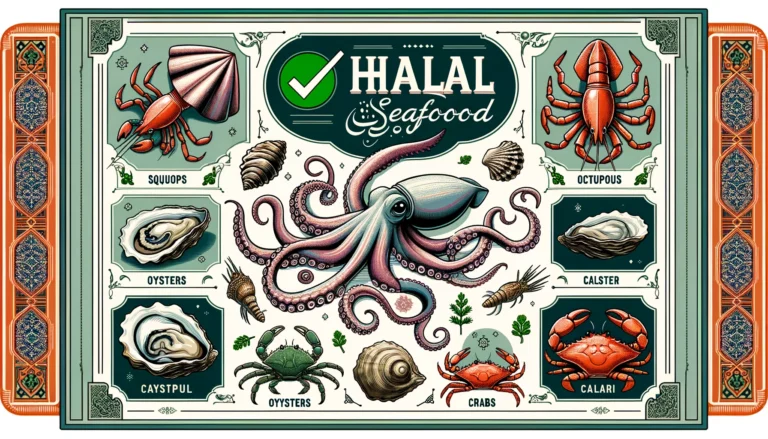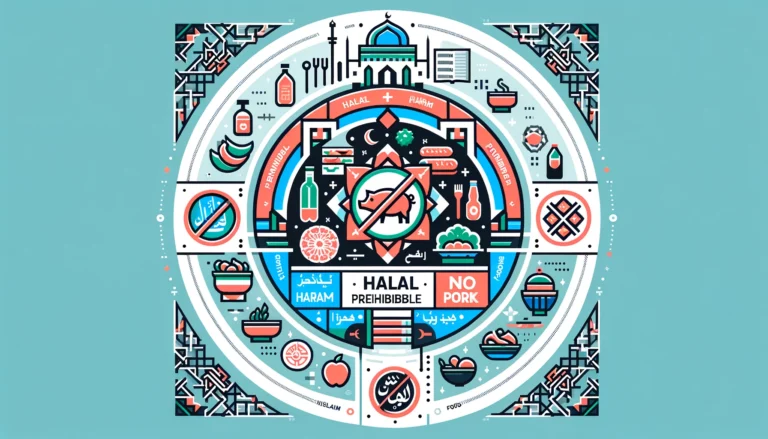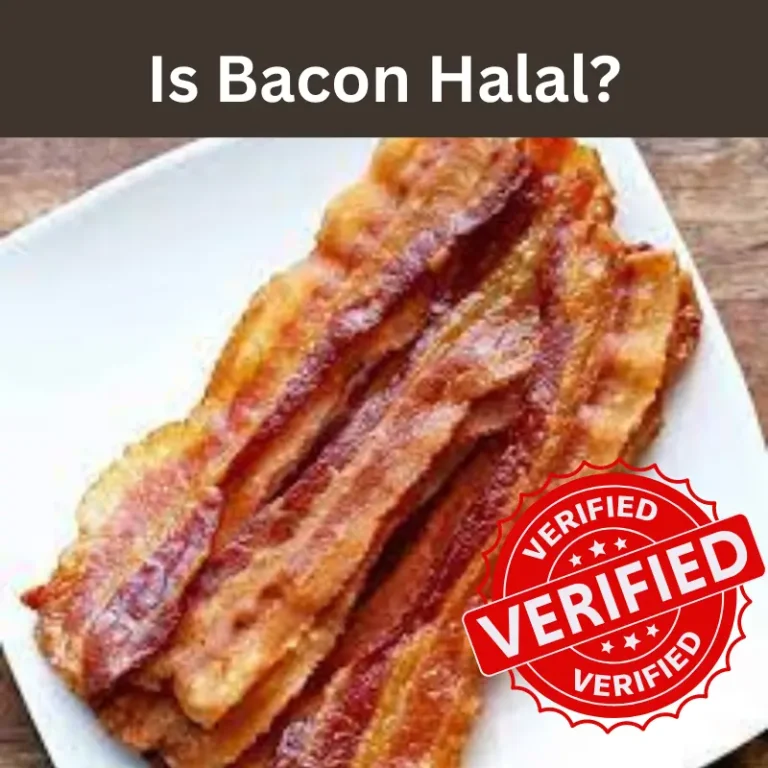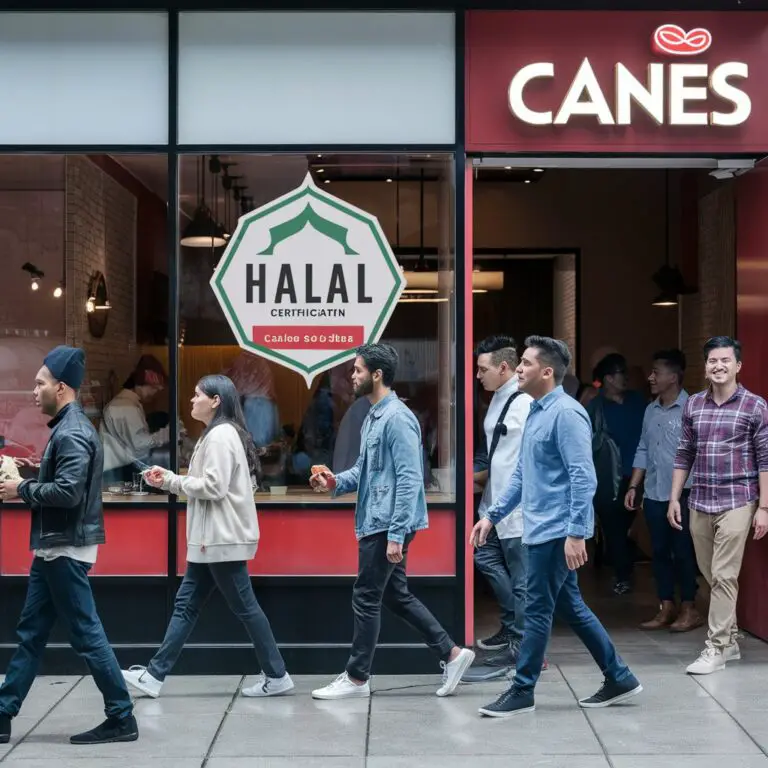Is Chipotle Halal?
Understanding Halal Food Requirements
Before diving into whether Chipotle is halal or not, it’s essential to understand the concept of halal food according to Islamic dietary laws. Halal refers to anything permissible or lawful under Islamic teachings, while haram means forbidden or unlawful.
For food to be considered halal, it must meet the following primary requirements:
- The food itself must be from a permissible source (e.g., beef, chicken, lamb, fish, etc.)
- The animal, if applicable, must be slaughtered according to Islamic rites (known as dhabiha)
- The food should not contain any pork or pork-derived ingredients
- The food should not contain any alcohol or alcohol-derived ingredients
- The food should not contain any other haram (forbidden) ingredients, such as blood or carrion
Additionally, halal food should be prepared, cooked, and stored using utensils and equipment that are free from contact with non-halal substances.
Chipotle’s Stance on Halal

Chipotle Mexican Grill is a popular fast-casual restaurant chain known for its burritos, tacos, and bowls. While the company does not have an official halal certification, they have made efforts to accommodate Muslim customers by offering halal-friendly options.
Chipotle’s website states the following regarding halal food:
“While we cannot claim to be halal, we make a sincere effort to accommodate Muslims and others who follow halal principles by providing quality ingredients from suppliers we know and trust.”
This statement suggests that Chipotle aims to use ingredients that align with halal principles, but they do not guarantee or claim to be a fully halal restaurant.
Chipotle’s Halal-Friendly Ingredients
According to Chipotle’s website and various sources, the following ingredients at Chipotle are considered halal-friendly:
- Chicken: Chipotle uses chicken that is raised without the use of antibiotics or added hormones. While the chickens are not slaughtered according to Islamic rites (dhabiha), they are a permissible source of meat.
- Steak: Chipotle’s steak is also free from added hormones and antibiotics, making it a permissible source of meat.
- Barbacoa: The barbacoa (shredded beef) is made from beef that is raised without added hormones or antibiotics.
- Sofritas: This plant-based option is made from tofu and is suitable for vegetarians and vegans, as well as those following halal principles.
- Rice: Both white and brown rice options are halal-friendly.
- Beans: Chipotle offers black and pinto beans, both of which are halal-friendly.
- Fajita Veggies: The fajita vegetable mix, consisting of bell peppers and onions, is halal-friendly.
- Salsas and Guacamole: Chipotle’s salsas and guacamole are made from fresh ingredients and are generally considered halal-friendly.
Potential Halal Concerns at Chipotle
While Chipotle offers various halal-friendly options, there are a few potential concerns that Muslims should be aware of:
- Non-Dhabiha Meat: As mentioned earlier, Chipotle’s meat is not slaughtered according to Islamic rites (dhabiha). This can be a concern for some Muslims who strictly adhere to the requirement of dhabiha slaughter.
- Cross-Contamination: Although Chipotle takes measures to avoid cross-contamination, there is a possibility that halal-friendly ingredients may come into contact with non-halal items during preparation or cooking processes.
- Alcohol-Based Ingredients: Some of Chipotle’s sauces and dressings may contain trace amounts of alcohol or alcohol-derived ingredients, which are considered haram (forbidden) in Islamic dietary laws.
- Limited Transparency: While Chipotle provides information about their ingredients, there may be a lack of transparency regarding the sourcing and preparation methods for some items, making it difficult to determine their halal status with absolute certainty.
Chipotle’s Efforts to Accommodate Muslim Customers
Despite the potential concerns mentioned above, Chipotle has taken steps to accommodate Muslim customers and those seeking halal-friendly options:
- Halal-Friendly Ingredient Information: Chipotle’s website and in-store materials provide information about their halal-friendly ingredients, allowing customers to make informed choices.
- Customizable Orders: Chipotle’s build-your-own style allows customers to customize their orders and avoid any non-halal ingredients they may be concerned about.
- Responsiveness to Customer Feedback: Chipotle has shown a willingness to listen to customer feedback and make adjustments to better accommodate diverse dietary needs, including those of Muslim customers.
Recommendations for Muslim Customers at Chipotle
Based on the information provided and the potential concerns mentioned, here are some recommendations for Muslim customers visiting Chipotle:
- Stick to Halal-Friendly Options: When ordering at Chipotle, stick to the halal-friendly ingredients listed earlier, such as chicken, steak, barbacoa, sofritas, rice, beans, fajita veggies, and salsas/guacamole.
- Avoid Questionable Sauces and Dressings: Be cautious with sauces and dressings that may contain alcohol or alcohol-derived ingredients, unless their halal status is confirmed.
- Request Separate Utensils and Surfaces: To minimize the risk of cross-contamination, you can politely request that your order be prepared using separate utensils and surfaces.
- Communicate Your Dietary Needs: Don’t hesitate to communicate your halal dietary needs to the staff at Chipotle. They may be able to accommodate your requests or provide additional information.
- Consider Personal Preferences: Ultimately, the decision to consider Chipotle as a halal-friendly option will depend on your personal preferences and the level of adherence to Islamic dietary laws you wish to maintain.
Expert Insights and Industry Perspectives
To provide a more comprehensive understanding of Chipotle’s halal status, it’s essential to consider expert insights and perspectives from within the industry. Here are some valuable insights:
Imam Ossama Bahloul, Islamic Society of Boston Cultural Center:
“While Chipotle cannot claim to be a fully halal establishment, their efforts to provide halal-friendly options are commendable. However, Muslims should exercise caution and make informed decisions based on their personal level of adherence to Islamic dietary laws.”
Asma Ahuja, Director of Halal Food Authority:
“Chipotle’s transparency regarding their ingredients and sourcing methods is a positive step, but there are still areas of concern, such as the lack of dhabiha slaughter and potential cross-contamination risks. It’s important for Muslim consumers to weigh these factors based on their individual beliefs and priorities.”
Rafi-Uddin Shikoh, CEO of DinarStandard:
“The halal food industry is rapidly growing, and businesses like Chipotle are recognizing the importance of catering to this market segment. While Chipotle may not be a fully halal establishment, their efforts to accommodate Muslim customers demonstrate a commitment to inclusivity and diversity.”
These expert perspectives highlight the need for Muslim consumers to exercise due diligence and make informed decisions based on their personal beliefs and the level of adherence they wish to maintain regarding halal dietary laws.
Comparison with Other Fast-Food Chains
To provide a broader context, it’s helpful to compare Chipotle’s halal-friendly offerings with other popular fast-food chains:
| Restaurant Chain | Halal Certification | Halal-Friendly Options | Notes |
|---|---|---|---|
| McDonald’s | No official certification | Vegetarian options, some meat options without pork | Potential cross-contamination concerns |
| Burger King | No official certification | Veggie burger, some chicken and beef options | No pork or alcohol in menu items |
| Taco Bell | No official certification | Beans, potatoes, some meat options | Potential alcohol-based ingredients in sauces |
| KFC | Some locations certified halal | Chicken options at certified locations | Varies by location and region |
| Subway | Some locations certified halal | Veggie, chicken, and beef options at certified locations | Varies by location and region |
As you can see, while none of these major fast-food chains have an official halal certification across all locations, many offer halal-friendly options similar to Chipotle. However, the level of accommodation and adherence to halal principles can vary significantly.
The Future of Halal Food in the Restaurant Industry
As the Muslim population continues to grow globally, there is an increasing demand for halal-certified restaurants and food establishments. Many industry experts predict that the halal food market will continue to expand, driving more restaurants and food service providers to seek halal certification or offer halal-friendly options.
Here are some potential trends and developments in the future of halal food in the restaurant industry:
- Increased Transparency and Labeling: Restaurants may prioritize greater transparency regarding their ingredients, sourcing methods, and preparation processes to cater to Muslim customers and those seeking halal-friendly options.
- Halal Certification Programs: More restaurants, particularly in areas with significant Muslim populations, may seek official halal certification from recognized Islamic organizations to provide assurance and attract Muslim customers.
- Dedicated Halal Menus and Sections: Some restaurants may introduce dedicated halal menus or sections within their establishments to clearly distinguish halal-friendly options and minimize the risk of cross-contamination.
- Partnerships and Collaborations: Restaurants may collaborate with halal certification bodies, Muslim consumer groups, or halal food suppliers to improve their halal offerings and gain a competitive edge in the market.
- Technological Advancements: The rise of halal food delivery services, halal-focused mobile apps, and online platforms could facilitate easier access to halal-certified restaurants and halal-friendly options.
As the demand for halal food continues to grow, the restaurant industry will likely adapt and evolve to meet the needs of Muslim consumers, fostering greater inclusivity and accommodation within the food service sector.
Conclusion
In conclusion, while Chipotle cannot claim to be a fully halal establishment, they do make efforts to accommodate Muslim customers by offering halal-friendly options. Their use of permissible ingredients, transparency about their sourcing, and willingness to listen to customer feedback are positive steps in this direction.
However, there are potential concerns, such as the lack of dhabiha slaughter, the risk of cross-contamination, and the possibility of alcohol-based ingredients in some sauces and dressings. Muslim consumers must weigh these factors based on their personal beliefs and the level of adherence they wish to maintain regarding Islamic dietary laws.
Ultimately, the decision to consider Chipotle as a halal-friendly option lies with each individual Muslim consumer. It is crucial to communicate dietary needs, request accommodations when possible, and make informed choices based on personal preferences and religious convictions.
As the demand for halal food continues to grow, it is likely that the restaurant industry will respond with increased transparency, dedicated halal menus, and partnerships with halal certification bodies. By fostering an inclusive and accommodating environment, restaurants like Chipotle can cater to a diverse customer base and contribute to the growth of the halal food market.



